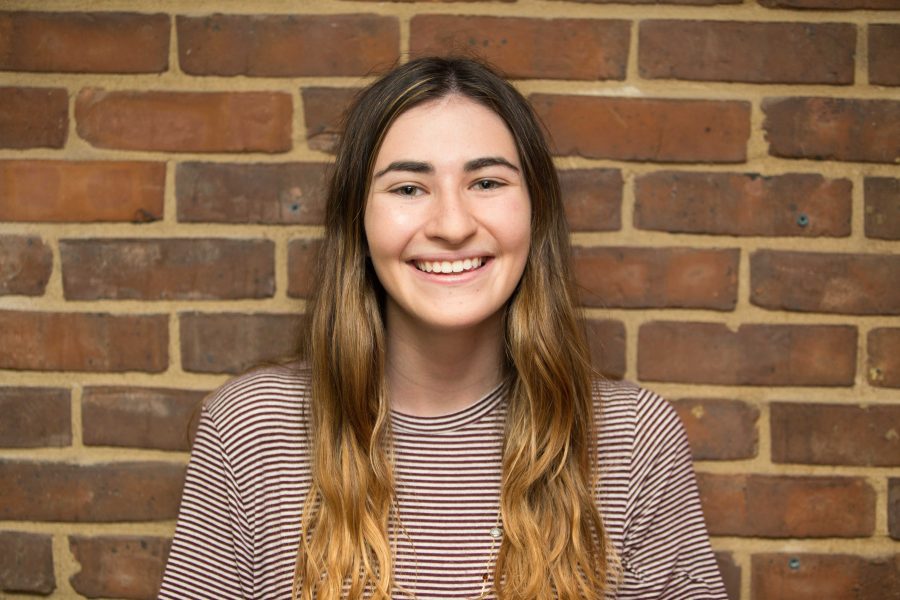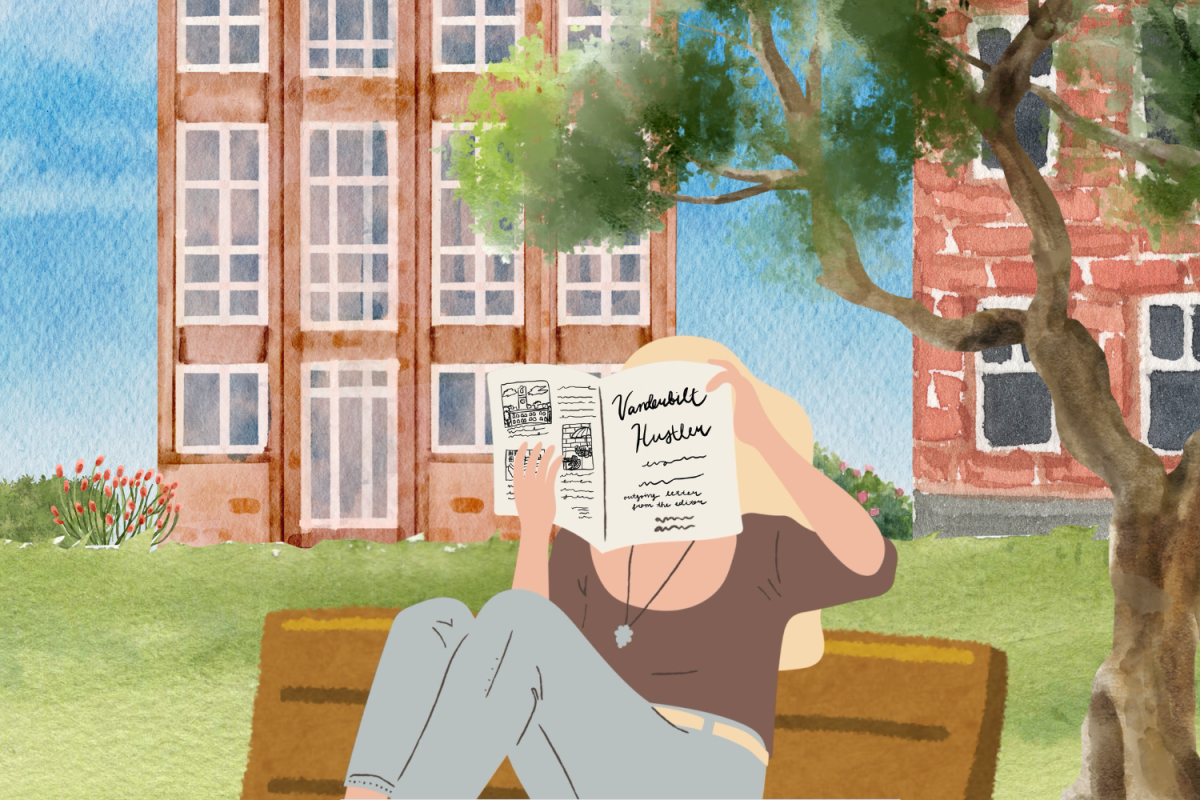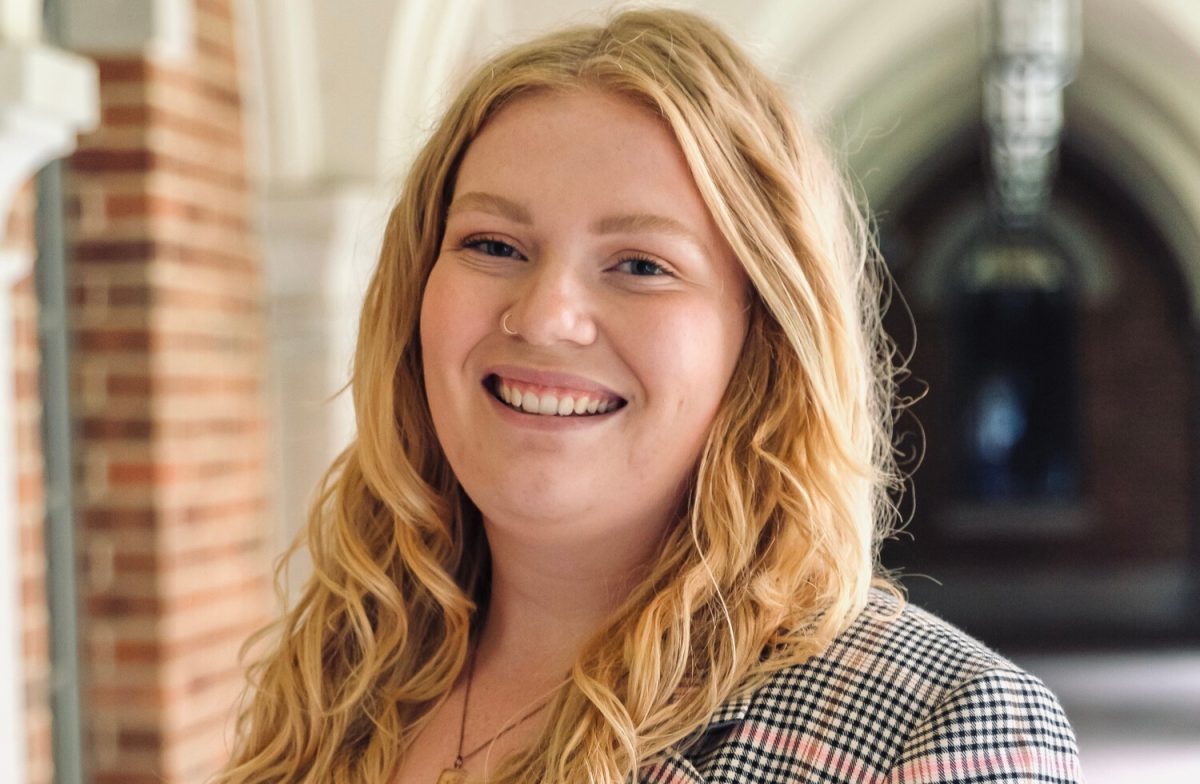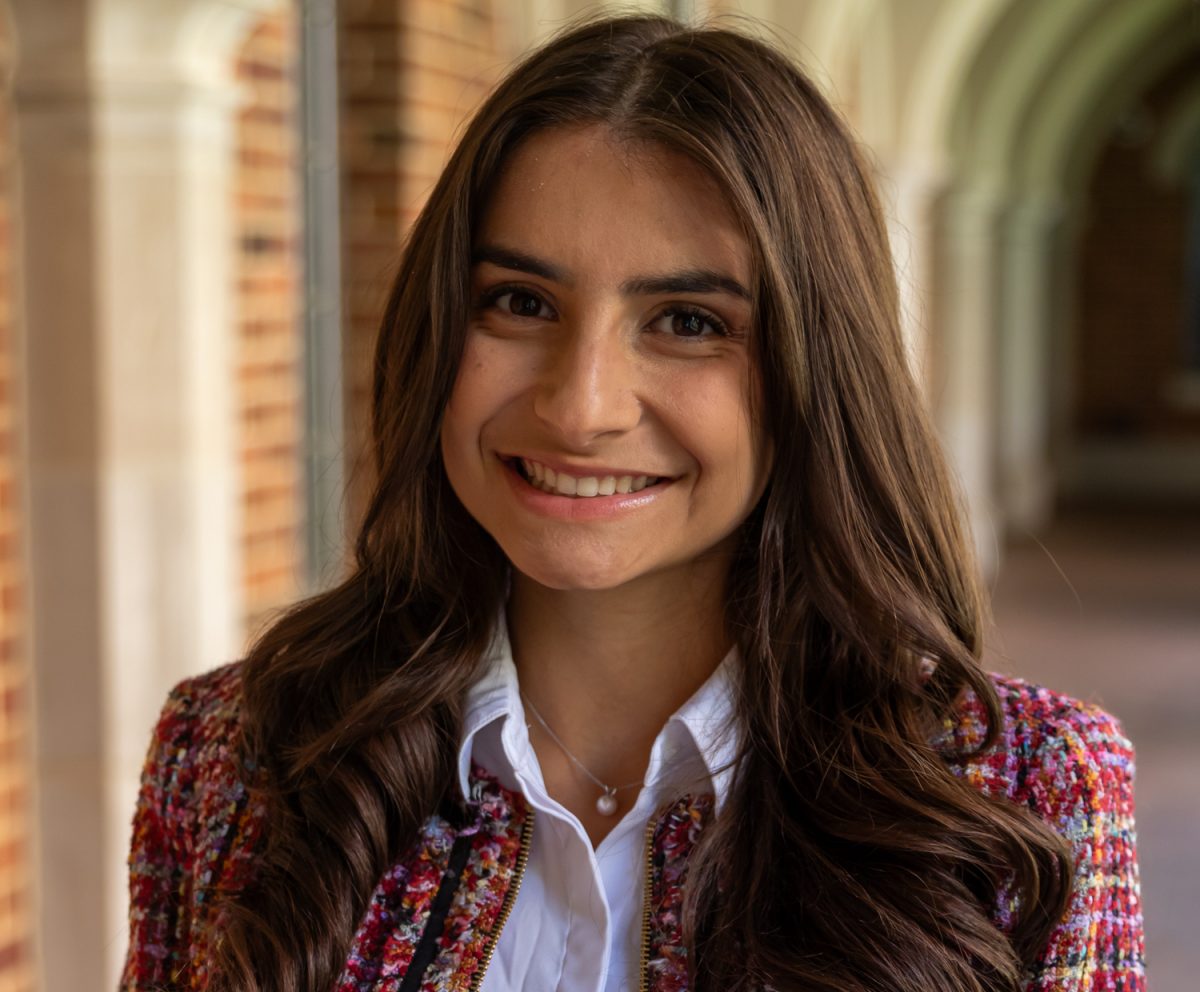At 6:30 on Saturday morning, I laid in bed typing up an article on the Nashville Statement, trying to prevent the tears that I couldn’t keep down from flooding my keyboard and waking up my roommate. This wasn’t the first time I’ve been in this situation: I’ve spent more weekends than not at this school waking up early or going to bed late for some Hustler-related reason. My friends and family are used to me bailing on plans and leaving events suddenly to respond to breaking news and Hustler demands. This particular Saturday morning was, however, the most challenging of them all.
Having been involved in journalism since early in high school, I’m used to remaining objective on topics that I feel strongly about, making sure to go out of my way to including all sides and obtain conflicting perspectives. But this time, I think it would be an opportunity missed not to put in my own two cents.
I had given Vanderbilt three days. I promised that I would give the administration all of Wednesday, Thursday and Friday to release a response saying that the school I love so much, the school at which I’ve molded my life and my own LGBT identity, to state that these “articles,” the ones that slam the rights, freedoms and lifestyles of the community that I’ve come to love and identify with so much, are not values that this school promotes or approves of.
I know that our administration prohibits discrimination and would never promote anything but inclusion of the LGBT community. Vice Provost for Inclusive Excellence Melissa Thomas-Hunt confirmed this in her response to my questions on Saturday when she said, “The University has a clear position on the content of the so-called Nashville Statement. We prohibit discrimination of any kind, including discrimination based on sexual orientation and gender identity.” But this was still not the same as the university releasing a public statement. I wish I didn’t have to ask.
It is the Vanderbilt administration’s responsibility to distance themselves and the university from the content of the statement and make it clear that even though the statement is called “the Nashville Statement,” it does not include the values or input of a prominent university in the city. Additionally, outsiders of the Vanderbubble, even prospective students, who aren’t familiar with Vanderbilt’s emphasis on diversity and inclusion, need to see and hear that this institution is responsive to events in our community that could appear threatening to the communities present on our campus. How could the school who claims to include the LGBT community let an event like this go unnoticed and unmentioned?
I knew that it would take administrators a little while to formulate their thoughts, construct a message, and get it approved to be sent out. Even though this felt urgent to me, I understand that there were still probably tasks that took precedence, given that classes are still getting going for the year. After all, most people would probably never see the statement or would delete it if it landed in their inbox. However, I know that I wasn’t the only one specifically looking for this statement, searching for reassurance that my school was going to stand up for me.
When I woke up at the crack of dawn on Saturday morning, though, there was still no such statement available, and I couldn’t wait any longer to publish something in response to the Nashville Statement, even though I was holding out for the article to have the headline “Vanderbilt declares ongoing support for LGBT community following publication of Nashville Statement.”
While Vanderbilt has clear policies prohibiting LGBT discrimination and oppression, the University has released statements on topics that it holds strong stances on in the past. Why is this an exception? Additionally, considering how geographically close this statement is to our community, it appears necessary for Vanderbilt to remind students who feel personally affected where they can obtain resources.
So, I’ll do part of the administration’s job for them, because it’s important to me that the LGBT community on this campus has the resources they want and need. First of all, the PCC Crisis Care Counseling is always a resource I recommend. Secondly, Lambda, the gender, sexuality, and intersex alliance led by my dear friend Mac Ploetz, is an amazing resource for the LGBT community on campus. Ranting to Mac was the most cathartic thing for me during these past few days. There are many other resources available to students as well, including the Office of LGBTQI Life, the Office of Religious Life, the Center for Student Wellbeing, RAs and VUceptors. And if none of these resources quite strike your fancy or you just want to chat, please feel free to reach out to me personally (sarah.friedman@vanderbilt.edu or 301-980-2615).
Lastly, know that without a doubt, the Hustler team welcomes and encourages the involvement of students of all sexual orientations and gender identities.




